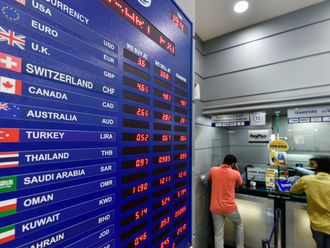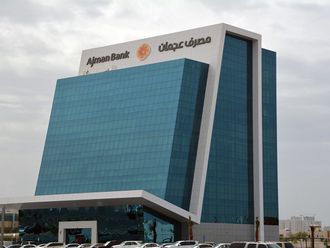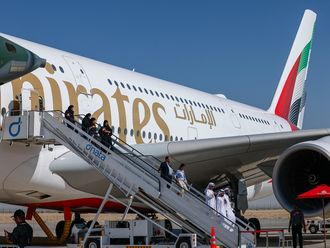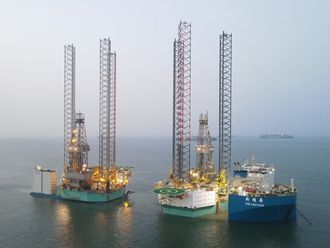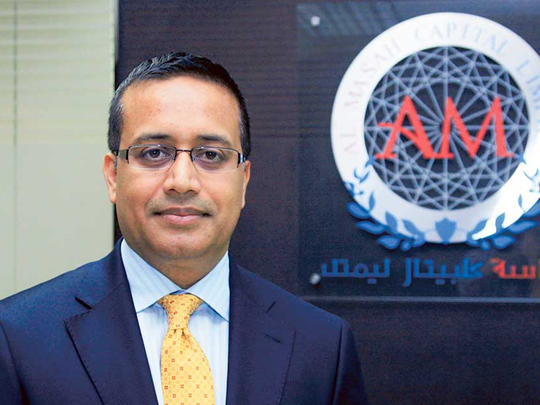
Dubai: Venture capital industry is fast emerging as a key source of funding for the small and medium size enterprises (SMEs) in the Gulf Cooperation Council (GCC) region in the context of sustained deleveraging from the sector and higher credit standards set by banks in the context increased defaults and skipping by a few SMEs last year.
Despite the important role SMEs play in the GCC economy in terms of job creation, economic growth and diversification away from oil they are still confronted with several obstacles, such as unwillingness of financial institutions to lend, poor creditworthiness of the industry and the lack of risk-sharing instruments.
In the Middle East and North Africa (MENA) region in general and the GCC in particular SME lending penetration is very low. SME lending in the UAE accounts for only about 4 per cent of total bank lending while it is significantly lower in countries such Saudi Arabia, Kuwait and Oman with 2 per cent while in Bahrain and Qatar it is 1 per cent and 0.5 per cent respectively.
“Collateral requirements for smaller enterprises can reach two times the lending value, which makes it practically impossible to obtain sizeable loans. Moreover, big lenders often look for collateral such as infrastructure or inventory which many of these small businesses may not have at the onset. Lack of available funding for SMEs has been brought into sharper focus post the credit crunch,” said a recent report from Al Masah Capital.
“In the context of shrinking funding options available to SMEs, venture capital funds are becoming important source of finance for this import sector. SMEs tend to thrive when they are given access to capital and when favourable business conditions are created through institutional and legislative reforms,” said Shailesh Dash Entrepreneur and Founder of Al Masah Capital.
The MENA venture capital sector is still at an early stage and a highly fragmented industry. According to BECO Capital, there are 115 private players operating in the VC sector in the region, up almost 24 per cent from last year’s tally of 92. The value of investments made by VC firms is significantly lower compared to other regions of the world. The US invests $50 billion into the VC space on a yearly basis or the equivalent of $150 on a per capita, while the MENA region barely reached $1 per capita.
Venture capital investments more than tripled in 2015, which was driven by evolving technologies, e-commerce and booming entrepreneurship. The number of transactions increased by three times to reach 122 with investment value reaching $123 million. VC has been identified as an opportunity for the region, with the growth in e-commerce and other innovative technology driven offerings.
In 2015, the UAE witnessed an increase in VC activity with deals rising to 50. There was a clear rise in high profile transactions, especially the $60 million raised by Careem, the app based car service.
The UAE accounted for 41 per cent of the total investment activity in 2015 recorded in the region compared to 15 per cent in the previous year. In the GCC, Saudi Arabia recorded an increase in deal volumes in 2015 as it witnessed 17 deals compared to 2 in 2014 which reflects a developing ecosystem supported by government and private sector initiatives to further the spread of venture capital activity.




